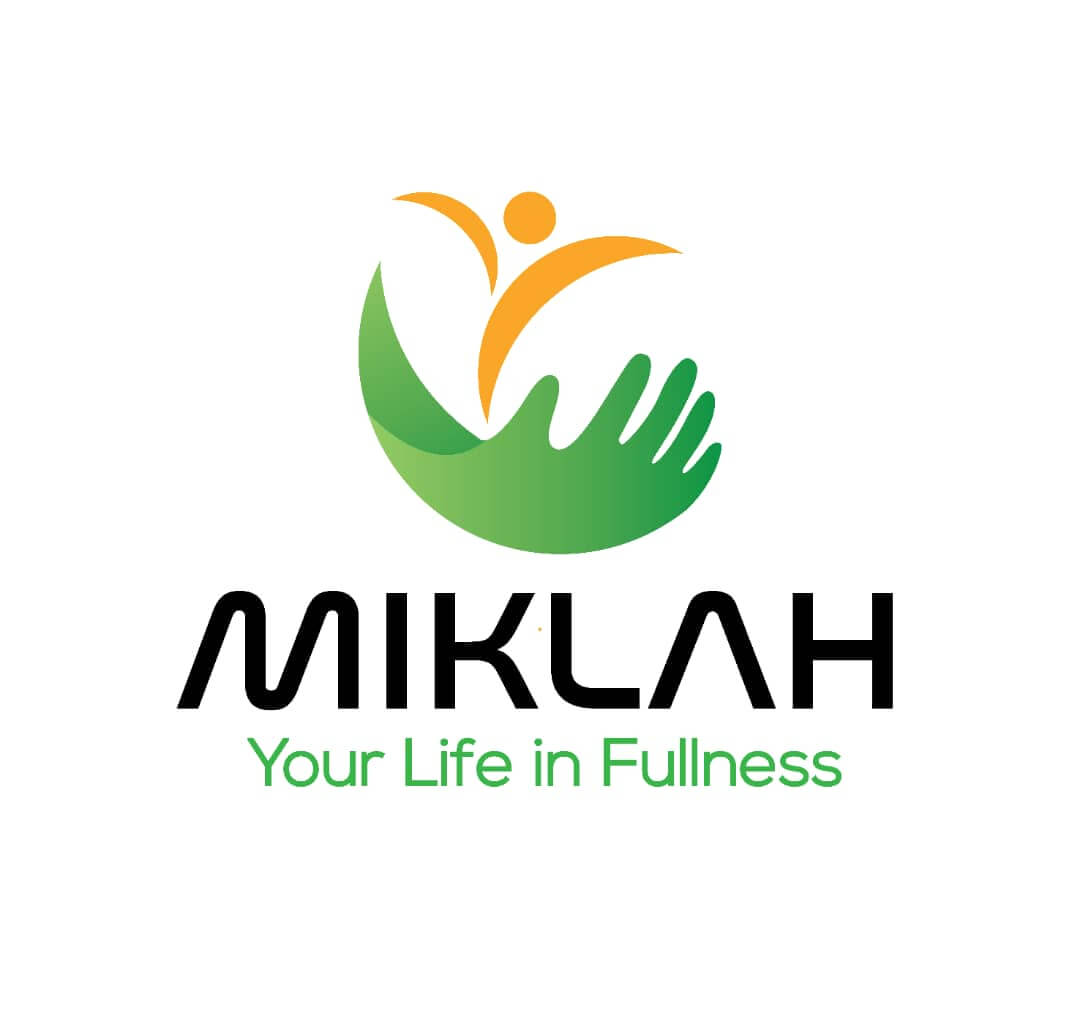The Problem Statement:
The rural community of Mubende faces multiple challenges including limited economic opportunities for the Youth, show more
Mubende, Uganda, Entebbe
This Business has no Posts Yet
The Problem Statement:
Target Audience
Our Solution:
Local Farmers:
Women:
Youth:
Elderly Individuals:
Community Members in Deforested Areas:
Low-Income Households:
Rural Residents:
Competition Analysis
Additional Strategies to Excel:
Business Model
Sustainability
People:
Planet:
Profits:
Aligned Sustainable Development Goals (SDGs):
SDG 1: No Poverty: The project’s focus on providing alternative income sources aligns with the goal of eradicating poverty and ensuring sustainable livelihoods.
SDG 2: Zero Hunger: Bees play a vital role in pollination, enhancing crop yields and food production, which contributes to reducing hunger and improving food security.
SDG 5: Gender Equality: Empowering women through beekeeping supports gender equality and women’s economic empowerment.
SDG 8: Decent Work and Economic Growth: The project contributes to creating decent work opportunities and promoting sustained, inclusive, and sustainable economic growth.
SDG 11: Sustainable Cities and Communities: Beekeeping can help promote biodiversity and green spaces in cities, contributing to more sustainable environments.
SDG 12: Responsible Consumption and Production: Beekeeping, as an eco-friendly and sustainable practice, aligns with responsible consumption and production patterns.
SDG 13: Climate Action: Beekeeping indirectly contributes to climate action by supporting healthy ecosystems and promoting plant growth, which helps in carbon sequestration and climate resilience.
SDG 15: Life on Land: The project’s focus on pollinator protection, biodiversity conservation, and sustainable land use practices contributes to preserving life on land.
SDG 17: Partnerships for the Goals: The project involves partnerships between local communities, NGOs, governments, and businesses.
The project is well-aligned with the three pillars of sustainability (People, Planet, Profits) and contributes to multiple Sustainable Development Goals, making it a holistic and impactful approach to addressing the challenges faced by the Mubende community while promoting long-term well-being and environmental health.
How Far Have We Gone
How Far We Want Go?
Resources Needed
Financial Resources / Budget (USD 20,000):
Infrastructure:
Human Capital:
Marketing and Promotion:
Bio:
Email: munansigreenrevolution@gmail.com
WhatsApp: +256772086788
This business has no offers to display.
No Images To Display
No ratings to display.

